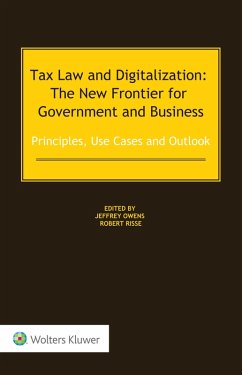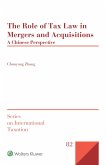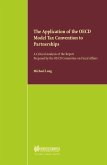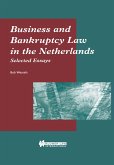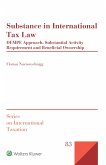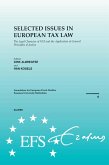New technologies are changing the way that tax administrations, taxpayers and their advisers interact, leading to a reduction in the compliance cost for taxpayers, a level playing field for large and small businesses, and fewer opportunities to engage in aggressive tax practices. Although entering a new world where processes are supported by machines inevitably disrupts traditional ways of working, the contributors to this indispensable book reveal the enormous potential of ';tax technology' to positively transform tax compliance, clearly showing both government and business how to manage the transition from the old to the new. With detailed treatment of the technology available in the tax field, the authors describe how to secure its benefits in such ways as the following: electronic balance sheets and invoices; automated transmission to tax authorities; innovative analytics applications; blockchain in tax law processes; process mining in VAT; real-time reporting with cryptography; and meeting the challenges to taxpayers' rights to privacy and personal data protection. The contributions draw on an international conference held under the auspices of the Digital Economy Taxation Network at the Vienna University of Economics and Business in December 2020. The perspective throughout focuses on how to achieve better tax compliance at a lower cost. For this reason, this full-scale, practical guide on how to adapt tax law to new technologies and how to apply tax tech processes in practice will be welcomed by tax practitioners, tax administrations, and academics across the entire tax community.
Dieser Download kann aus rechtlichen Gründen nur mit Rechnungsadresse in A, B, BG, CY, CZ, D, DK, EW, E, FIN, F, GR, HR, H, IRL, I, LT, L, LR, M, NL, PL, P, R, S, SLO, SK ausgeliefert werden.

